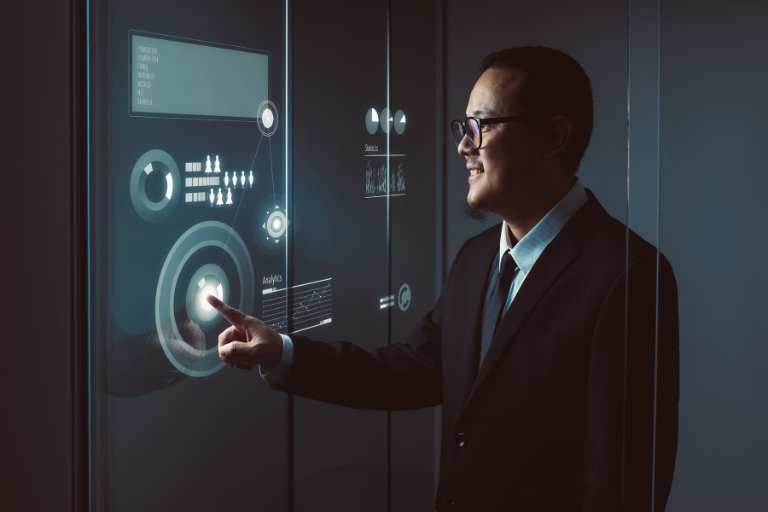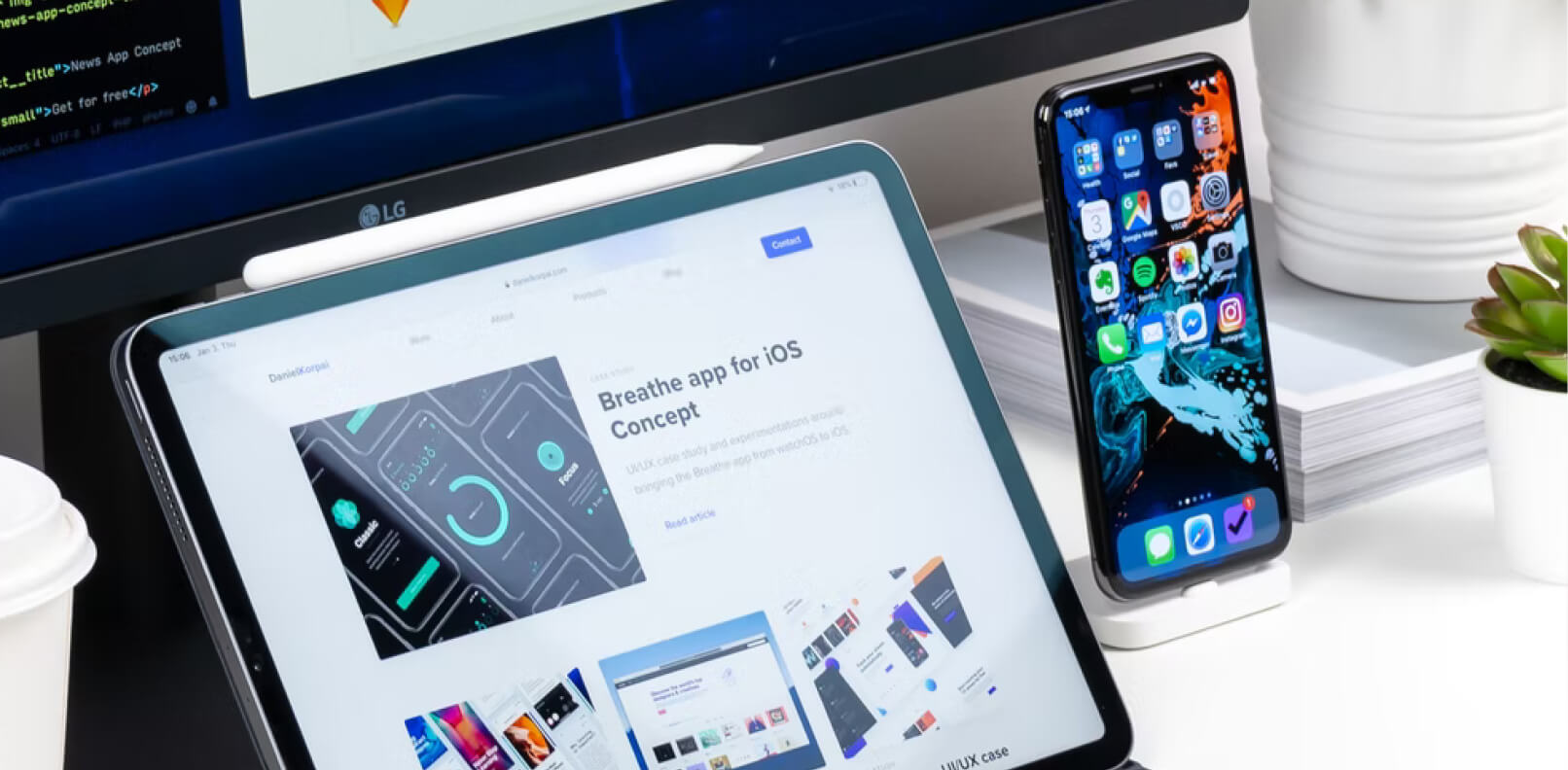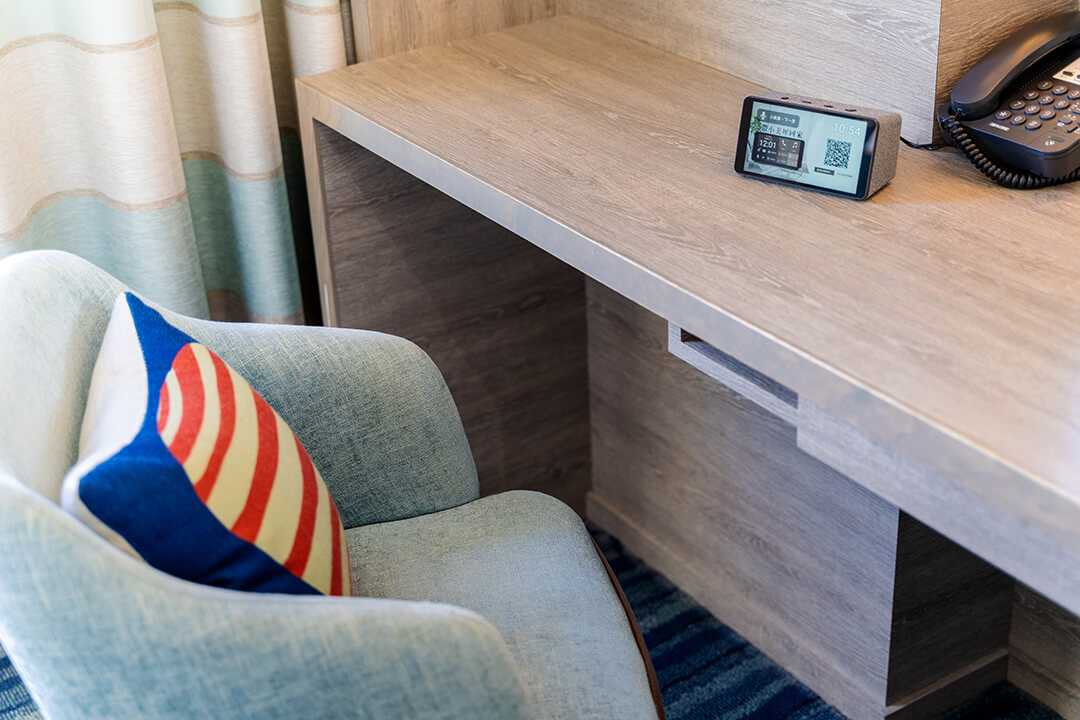When using generative artificial intelligence (AI), the technology can almost seem magical. The user prompts it with some kind of input and out comes the exact output he is looking for in a matter of seconds. Because the technology works so seamlessly, users often don’t bother to find out how it works under the hood.
There are benefits, however, to understanding the underlying technologies. Such is evident in the hospitality industry, which is undergoing innovation through guest-facing technologies like Aiello Voice Assistant (AVA).
Appreciating the nuances of its core technologies, such as natural language processing (NLP), is not just for the sake of knowledge. Knowing about these technologies will help hotel leaders and staff understand how a solution like AVA can interact with guests and respond to them successfully across different use cases.
Voice-enabled tech aligns perfectly with hospitality.
Consumers are accustomed to using voice-enabled devices on their own. They may talk to Apple’s Siri to look up information while driving, or speak to Amazon’s Alexa to activate a particular app.
Despite the growing ubiquity of voice-enabled devices, this technology is curiously absent from many hotels. Guests still must proceed to a counter for manual check-in, call up the front desk to make requests, or flip through a menu to decide what to order for room service.
The lack of voice-enabled devices in hospitality results in a poor user experience because guests tend to have their hands tied, often literally. The guest who just arrives may be carrying luggage, while the hungry guest may be changing before dinner. Asking them to perform manual tasks at this point is unbecoming of a business that should pride itself on an exceptional user experience.
When paired with the software in Aiello Voice Assistant, voice-enabled devices transform the guest experience. Now the guest can check-in simply by speaking to a lobby kiosk, or order room service while multitasking in their room. It also helps that AVA has noise reduction, so that the user is understood perfectly over the din of anything they are doing or background noise.
The ability to issue voice commands in this environment gives guests what they prioritize most: convenience.
Voice-enabled technology is truly smart.
When voice-enabled devices first emerged into public consciousness with Apple’s Siri, the technology was not without its hiccups. Many Siri users posted screenshots of the device misunderstanding their voice inputs, often to hilarious results.
Voice-enabled technology has made leaps and bounds since then due to advancements in NLP. AVA takes this technology further with muti-intent natural language understanding (NLU) and an NLU deep learning framework. When a user poses a query, such as a recommendation for nearby Chinese restaurants, AVA’s technology conducts a real-time voice analysis.
The query is framed against the hotel’s knowledge graph database (GDB), which is customized for it and is specific to the business, its brand, and its industry. The GDB enables AVA to give truly intelligent answers. For example, the guest who asks for Chinese restaurants will not recommend eateries across the country, but only those within a reasonable distance from the hotel.
While this level of intelligence may seem simple from our point of view (why would a human being recommend a restaurant that is inaccessible), this understanding of context greatly enhances the guest’s experience. Rather than experience frustration by having to clarify misunderstood queries or ask a series of simple queries, AVA gives users the gift of time: They get what they need right away.
Voice-enabled technology is integrated and connected.
This experience is a universal one for consumers: They will phone in to a customer support line and they will have to provide the same information multiple times, almost as though the business has no memory of the interaction just a few moments ago. These instances leave customers scratching their heads in frustration.
With Aiello Voice Assistant, guests do not have to experience this issue. AVA includes a powerful conversation management system which keeps track of important details, such as guest preferences, for long-term use. If a guest mentions specific allergies, the Customer Management System (CMS) will help the kitchen keep track, so they can avoid these triggers not only for the first request, but all subsequent meals.
What is especially powerful about AVA is that it gives guests a single hub for all their requests. Some hotels, for example, may provide digital hardware that allows guests to search for different information. They will still have to pick up a phone or go down to reception to make actual requests, however.
This is not the case with AVA, since it integrates with Aiello’s Task Management System (TMS Pro). When hotel departments use TMS Pro for their task management, any requests made through AVA will be sent directly through them and acted upon with expediency. AVA, in short, is not just an information clearinghouse or a digitized version of the hotel’s typical information book – it is a veritable hub through which guests can get a better overall experience.
Guest-centric technology
Generative AI is revolutionizing many fields, and hospitality is no different. Guest-facing solutions like Aiello Voice Assistant are truly cutting-edge, offering innovations in natural language processing, noise reduction, deep learning, real-time voice analysis, conversation management, and more.
Each one of these technologies is already impressive, but they add up to a sum far greater than their individual parts. Hotel guests receive a product that is uniquely suited to their needs and wants. They can make any queries, and AVA – like an ever-present digital butler – will respond accurately and efficiently or facilitate requests to their respective hotel departments. For travelers, AVA is a dream come true: It’s still vacation, but now more relaxing than ever.









